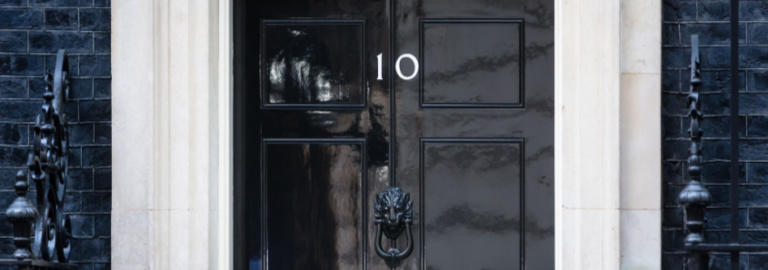Boris Johnson’s successor must make SME support an “immediate priority”
While Rishi Sunak stands firm on his “sound money” values, appealing to the interests of businesses could be the route to the top job, experts argue
While Rishi Sunak stands firm on his “sound money” values, appealing to the interests of businesses could be the route to the top job, experts argue

The UK’s next prime minister must prioritise a lowering of VAT and corporation tax to support SMEs and set the stage for an economic recovery, according to Praveen Gupta, national head of tax at Azets.
Referring to the ongoing Conservative party leadership contest following Boris Johnson’s resignation in July, Gupta argued that the next prime minister must “be bold” and act swiftly to support UK businesses in spite of the inherent economic risks.
“The incoming prime minister is in an unenviable position and the bill to government is likely to be high,” he said. “There is a risk of adding to inflation but for many businesses at breaking point, it’s now or never.”
According to Gupta, the most significant saving for businesses would be a reduction in the headline VAT rate to as low as 15%.
He also called for a temporary relaxation on energy VAT, and for the planned corporation tax increase to be pushed back to 2024.
“This is an opportunity for the government to be bold and make good on its pledge to back British business,” he added.
Just two of the original eight candidates now remain in the contest to become the next leader of the Conservative party: former Chancellor Rishi Sunak, and foreign secretary Liz Truss.
Economic policy has emerged as a prominent dividing line between the two, with Truss promising immediate tax cuts to help tackle the cost-of-living crisis, while Sunak has dismissed this as “comforting fairytales”, arguing that cuts to taxation would simply raise the national debt and pose an inflation risk for generations to come.
While acknowledging the merits of both stances, Adrian Young, tax partner at advisory firm Hurst, argued that the foreign secretary’s “quick wins” stand a better chance of appealing to businesses and, therefore, the Conservative membership.
“Business leaders to whom I’m talking to are almost unanimous in their view that taxes are currently too high,” he said, noting that the recent increases in national insurance contributions and the planned increase in corporation tax have been particularly painful.
As part of Boris Johnson’s social care plan, April 2022 saw UK national insurance contributions rise from 12% to 13.5% – a move expected to raise around £12bn.
In addition, the rate of corporation tax in the UK is expected to rise from 19% to 25% in April 2023.
“It is a perilous time for businesses and their ability to invest and create employment. As the race for Number 10 hots up, the expectation of imminent tax cuts for individuals and businesses, and the economic stimulus they will create, is likely to be too attractive to dismiss,” Young added.
But for Charlotte Sallabank, tax partner at law firm Katten, many of Truss’ pledges are more indicative of a “desperate” desire for votes than measured fiscal policy.
“Rishi Sunak’s proposals were, in the main, drawn up in less haste and at a time when he was Chancellor, so are more credible as a fiscal policy.”
Sallabank also notes that while Truss wants to keep corporation tax unchanged, the planned rise is not “a significant deterrent for business investment in the UK”.